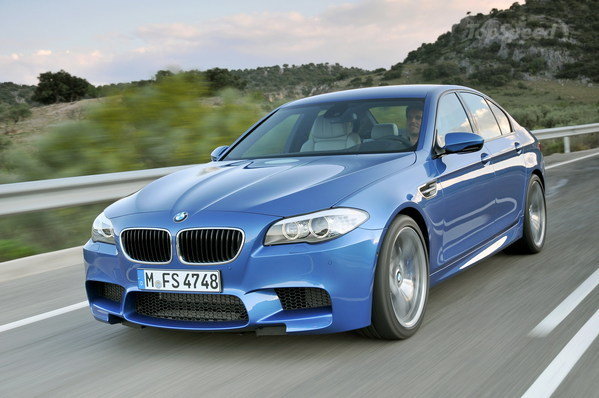 China’s concerns over the European Union’s anti-dumping measures appear to be growing rapidly. The East Asian manufacturing country is heavily dependent on its trade partners throughout Europe, and is taking aggressive measures to address an ‘injustice’ in the way the European Union is addressing its pricing policies.
China’s concerns over the European Union’s anti-dumping measures appear to be growing rapidly. The East Asian manufacturing country is heavily dependent on its trade partners throughout Europe, and is taking aggressive measures to address an ‘injustice’ in the way the European Union is addressing its pricing policies.
The European Commission recently levied an 11 percent anti-dumping tariff on all solar panels imported from China after an investigation revealed that the country’s manufacturers were artificially lowering their prices. China claims that the pricing is normal, while European regulators claim that it is an anti-competitive strategy.
In response, China has taken aim at Europe’s large wine industry, claiming to levy its own tax on the importation of wine from Italy and France. The move affected two of the nation’s biggest critics in Europe, both of whom supported the anti-dumping tax, but did not affect major trade partners such as pro-Beijing Germany.
New speculation from Beijing claims that European luxury car manufacturers could be next in line for Chinese import taxes. Diplomats and political insiders claim that a new tax on European imports seems unlikely, but that manufacturers are concerned about the possibility of additional taxation in the rapidly growing Chinese market.
China is one of East Asia’s largest importers of European vehicles, with the country’s large economic boom increasing demand for high-end vehicles. The bulk of Chinese vehicle imports are sourced from Germany – a country that has been supportive of China’s government during its recent tax row with the European Union.
Given the similarities in economic thinking between the two nations, new taxes on cars sourced from Germany seem unlikely in practice. However, given China’s new trade strategies with the EU, which use subterfuge in sizable amounts, the fears of many German auto manufacturers certainly aren’t difficult to understand.





